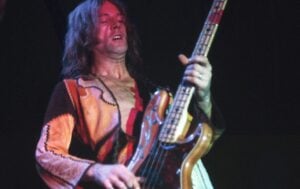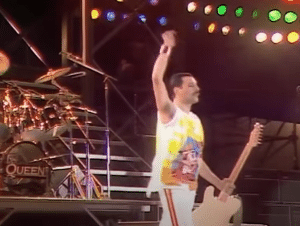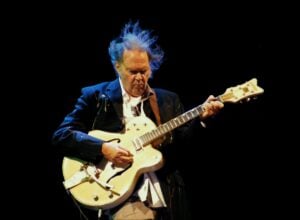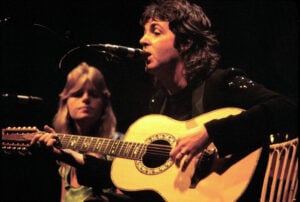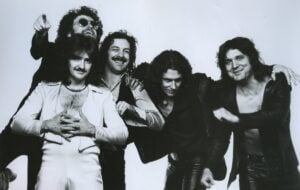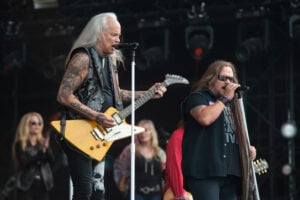5 ’90s Sitcoms with Annoying Laugh Tracks
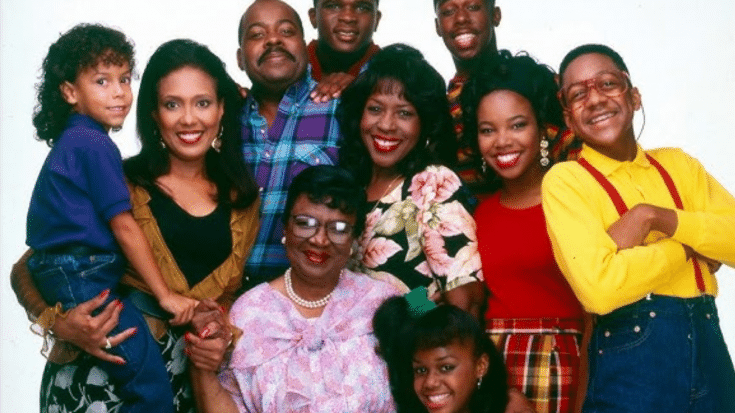
via Karceno4Life / YouTube
The 1990s brought us a golden age of sitcoms, but not all of them aged gracefully. One common complaint was the overuse of laugh tracks, which often felt forced and distracted from the humor. Here are five sitcoms from the ’90s where laugh tracks made watching less enjoyable.
1. “Step by Step”
“Step by Step” followed a blended family navigating life together. While the premise was heartwarming, the laugh track was relentless. It punctuated nearly every line, even when jokes weren’t funny. The constant laughter felt artificial and overshadowed the charm of the characters.
The show had its moments of genuine humor, but the overuse of canned laughter made it harder to appreciate. It often gave the impression that viewers needed to be told when to laugh, which undercut the authenticity of the comedy.
2. “Full House”
“Full House” became a family favorite with its wholesome lessons and lovable cast. However, the laugh track was impossible to ignore. It chimed in during emotional scenes and even during small chuckles, making some moments feel awkward.
The show relied heavily on predictable jokes, and the laugh track seemed to amplify even the mildest punchlines. For many viewers, this constant background noise became a distraction from the genuine charm of the Tanner family.
3. “Family Matters”
“Family Matters” introduced us to the iconic Steve Urkel, but his antics were often drowned in laughter. The laugh track kicked in every time Urkel said his signature line, making it feel repetitive and forced.
While the show had plenty of heartfelt moments, the constant laugh track sometimes made it hard to take serious scenes seriously. It felt as though the producers didn’t trust the audience to enjoy the humor on their own.
4. “Saved by the Bell”
“Saved by the Bell” was a high school sitcom filled with zany antics and life lessons. The laugh track, however, was overbearing. It followed every punchline, no matter how minor, and often interrupted the flow of the dialogue.
This excessive use of canned laughter made the show feel more scripted than it needed to be. Despite its popularity, the laugh track made it harder to fully immerse in the teenage drama and humor.
5. “The Nanny”
Fran Drescher’s comedic timing shone in “The Nanny,” but the laugh track often overshadowed her delivery. It erupted after nearly every line, making some witty moments feel less impactful.
The show’s sharp humor could have stood on its own, but the constant laughter made it seem as though the creators didn’t trust the audience to appreciate the jokes. This overuse dulled some of the show’s brightest moments.










